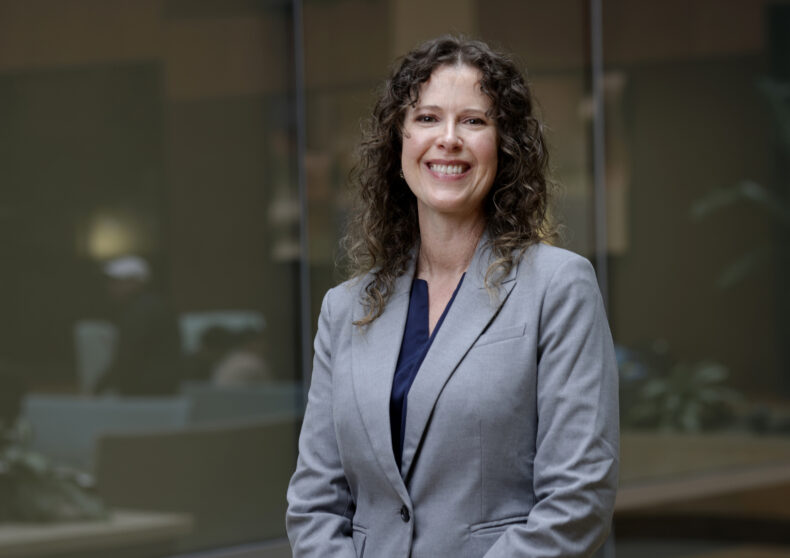The Tennessee Foreign Language Institute will launch a medical interpretation training program in August with help from Vanderbilt University Medical Center (VUMC) Interpreter Services.
The job-training program will establish a pipeline of prospective interpreters for VUMC and other medical providers, said Hope Collins, MPA, manager of Interpreter Services. The two-semester program will focus on medical terminology and health care protocols for interpreters.

“About a year ago, we were struggling to find people who had the skills and qualifications that we needed for them to be able to function well when we first hired them,” Collins said. “We needed them to have a good foundation. We were having a hard time finding interpreters with that kind of experience.”
The classes, which will meet nightly on Tuesdays and Thursdays, start Aug. 21. The $1,295 enrollment cost includes learning materials.
“Skilled, professional interpreters enhance the quality of clinical care and are an absolute necessity for those with limited language skills,” said Janice Snow Rodriguez, Ph.D., executive director of the Tennessee Foreign Language Institute (TFLI). “The Institute is eager to begin this important collaboration with Vanderbilt University Medical Center and its Interpreter Services to train medical interpreters for Vanderbilt and other health care settings in our communities. The program furthers the TFLI mission and mandate of linguistic access for all and service to the state of Tennessee.”
Passage of a dual language assessment test is a prerequisite for admission. Anyone interested in the class can contact Collins at hope.collins@vanderbilt.edu to register for the test.
“You already have to be fluent in two languages,” Collins said. “We have a test that we give you to test both English and your other language to make sure that’s already in place.”
The program encompasses 104 hours of classroom time, 20 hours observing VUMC medical interpreters, 20 hours of simulated practice with an instructor outside the classroom and 20 hours of supervised interpretation. The training will be similar to the clinical rotations that students of other health care professions experience.
“In the second semester, students will actually spend time on campus interpreting for patients with our current staff interpreters in the room giving immediate feedback,” Collins said.
The medical interpreter training partnership is available for prospective interpreters of any language.
“If you speak Amharic and you can pass our language assessment and qualify for the class, this program will give you an Amharic coach and pay that person to help you develop your medical glossaries if there isn’t one in your language that can be purchased,” Collins said.











